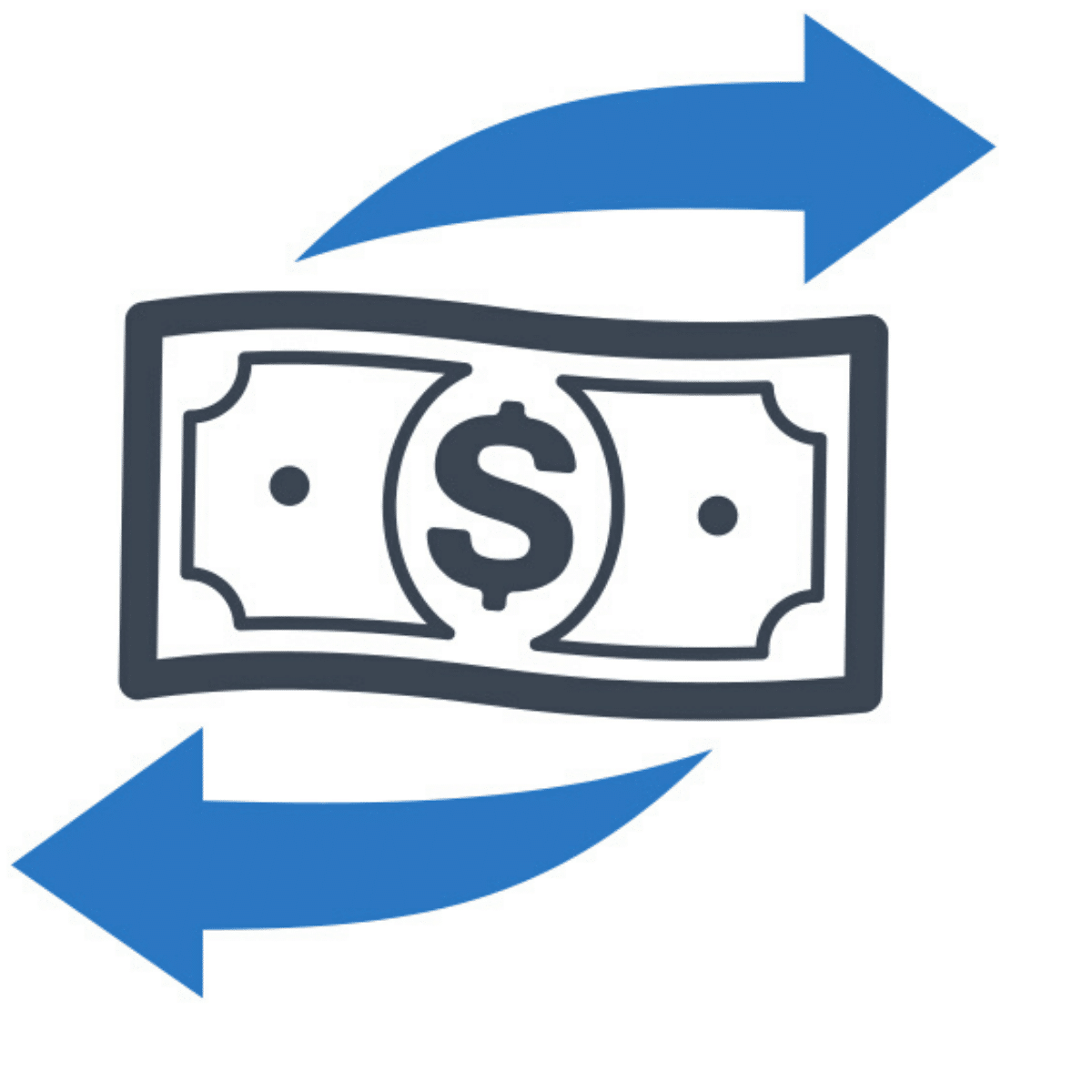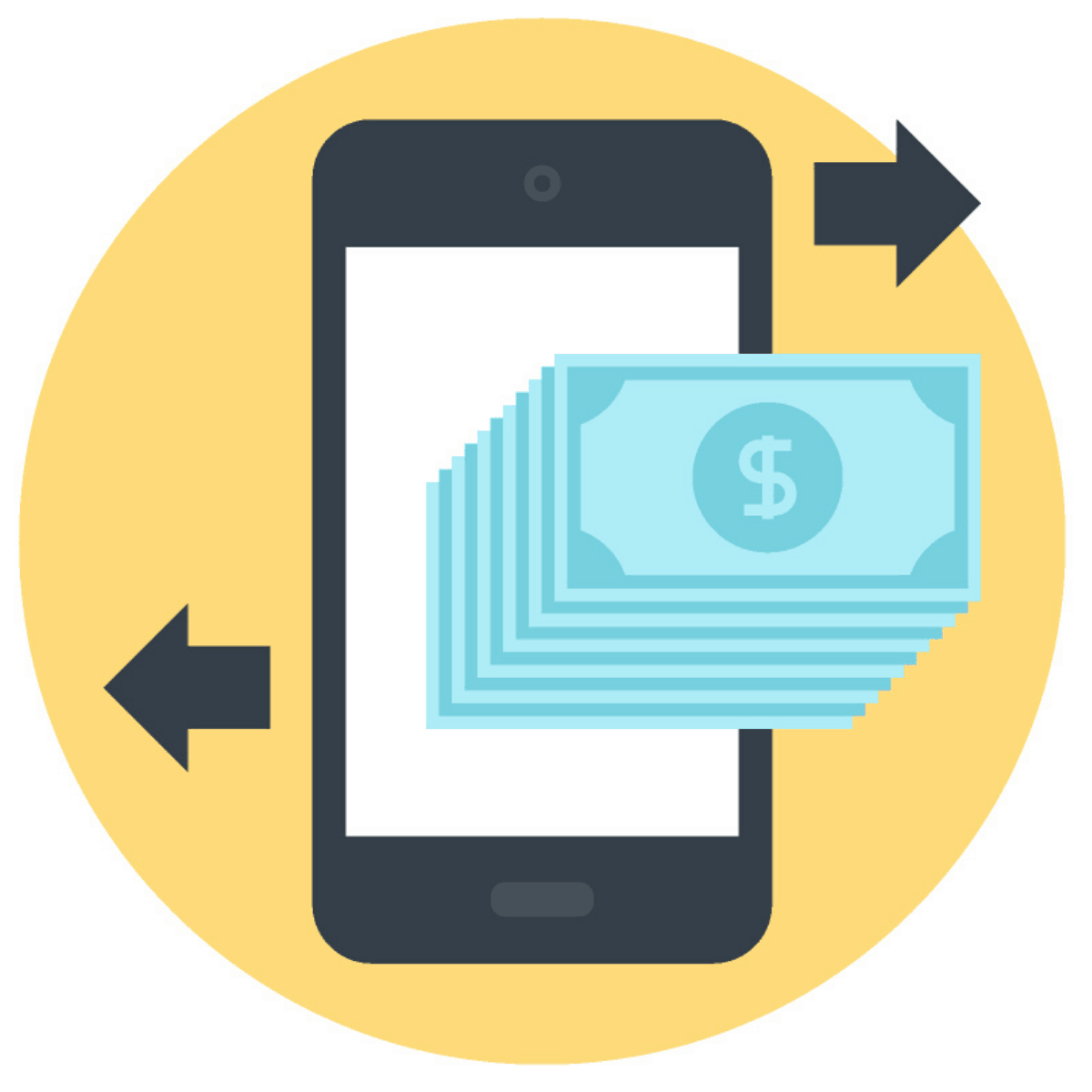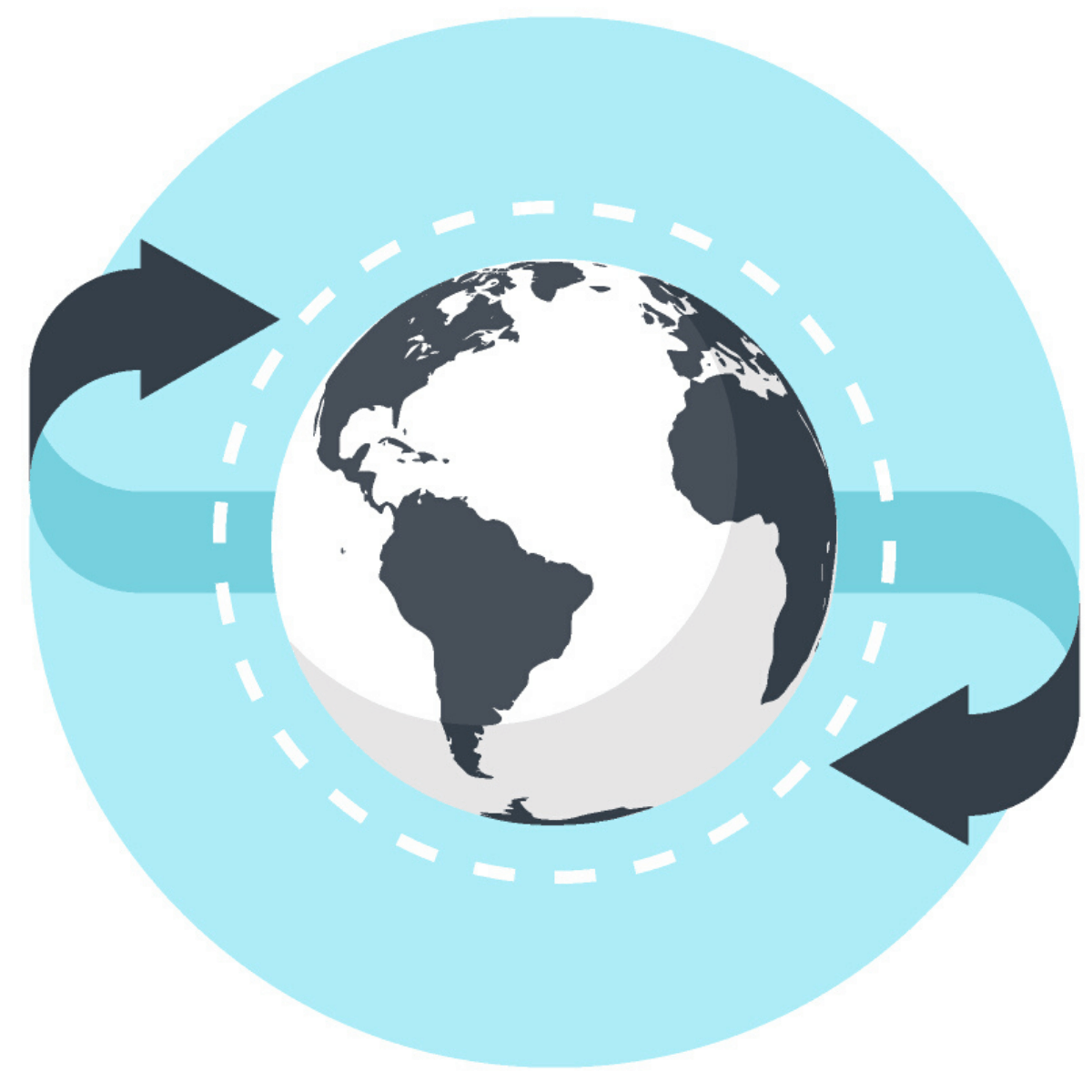If you have ever travelled abroad for a vacation, you will know that one of the first hurdles that crosses your mind is that of the currency difference. Even if you are travelling 200 miles south of the border to the neighbouring United States, you would not be able to use the Canadian dollar. You would have to convert your Canadian dollars into US dollars to be able to purchase items there. Businesses that facilitate this conversion are called currency exchange. More formally, they are organizations that are legally allowed to help customers exchange one currency for another.










